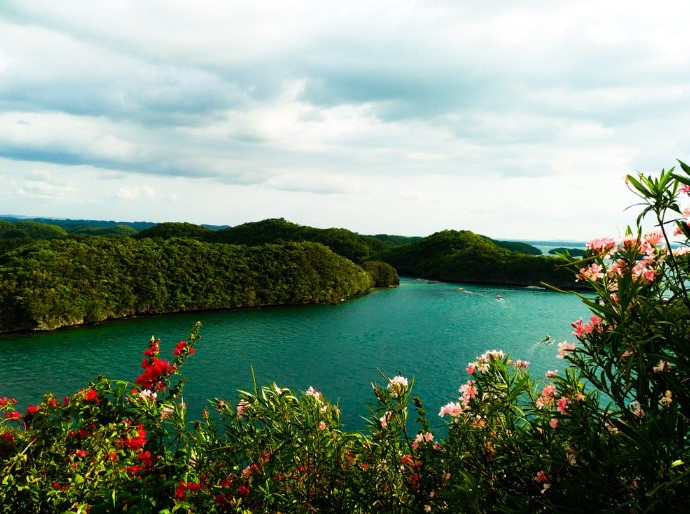Why Every Business Should Support Nonprofit Efforts

The simple answer is that customers expect it. Customers coming into your stores and businesses believe that you should be making a difference for the community and for the environment. In a study conducted by Foresters, 89{b574a629d83ad7698d9c0ca2d3a10ad895e8e51aa97c347fc42e9508f0e4325d} of the 1,100 respondents stated that businesses should support local communities.
Research conducted by Statista found that 45{b574a629d83ad7698d9c0ca2d3a10ad895e8e51aa97c347fc42e9508f0e4325d} of consumers look to buy from companies that are eco-friendly. Global research by Cone Communications revealed that over 90{b574a629d83ad7698d9c0ca2d3a10ad895e8e51aa97c347fc42e9508f0e4325d} of consumers believe that the businesses they patronize should be engaged in social and environmental issues.
Consumers are not looking for your political involvement but rather your engagement with financial, manpower, and service support. They want to see you engaged in making a difference not just talking about it.
Environmentally
Global warming and climate change lead the way in press coverage and political discussions. These are important questions, however, businesses should look at the practical challenges we face with rubbish, landfills, and garbage collective in our oceans and waterways. The world is polluting the environment daily.
Businesses need to take a more practical approach to the goods and services they deliver by asking the simple question, “How can this be more environmentally friendly? Dr. Phillip Imler, President of the Global Alliance of National Parks added, “Companies could offer discounts to customers who partnered with them to be eco-friendly.”
Creating products that are more friendly to recycle, changing production lines to use recycled materials, and using rubbish and recycle bins with the store or business. If your employees see you investing in the environment, they are more likely to follow suit. Dr. Imler added, “Companies can establish annual ‘Pure Park Day’ with the corporate team visiting a local national or state park to collect rubbish.”
There are multiple conservation efforts happening around the world. Groups like Conservation International and the World Wildlife Fund are actively engaged in environmental work to protect the habitats and ecosystems of the world’s wildlife. Dr. Imler warned, “We are losing species daily; more and more species are moving into the endangered category. If we don’t take action, who will?”
Socially
It is not hard to look around the world and witness the challenges associated with hunger and homelessness. In Sub-Sahara Africa, approximately 40{b574a629d83ad7698d9c0ca2d3a10ad895e8e51aa97c347fc42e9508f0e4325d} of individuals live on $1.90 a day or less. Look at the collection of homelessness throughout the state of California and you quickly see the magnitude of the issue.
Hunger and a place to sleep safely are two of humankind’s basic needs. Businesses can come together and create practical solutions. Converting unused office buildings into shelters, taking unsold food to shelters or opening the doors for the homeless to come and partake, or giving a percentage of proceeds towards nonprofits engaged in the services to support those in need.
The sanctity of life issues is more than just abortion rights or abortion prevention. Recognizing the value of each person from the beginning of life to the end of life should be at the top of business minds. This means looking for ways to support programs that raise the dignity and care of the elderly, the differently-abled, or those in foster care.
The sanctity of life issue is directly tied to caring for the homeless and the hungry. Consumers prefer action over politics. They prefer that you actively engage in making a difference and ideally both socially and environmentally.
What’s At Risk?
Businesses are the leaders in our local and global communities. They cannot do it alone, but if they don’t take the lead the communities will rarely do it themselves. What’s at risk? If a business is not engaged socially, environmentally, or both, good workers may not join the company, or those that are there may leave because these things matter to them. This is even more true for the millennials who will make up the majority of the workforce in the next few years.
If businesses don’t take action the world is at risk of losing our natural wonders, such as the Great Barrier Reef, which its existence is already threatened because of pollution entering the waterways.
Businesses do not have to do everything, however, they do need to do their part and take the lead. The world is ready to follow. Together, we can make a difference and protect what matters to us all – each other and the world we live in.






